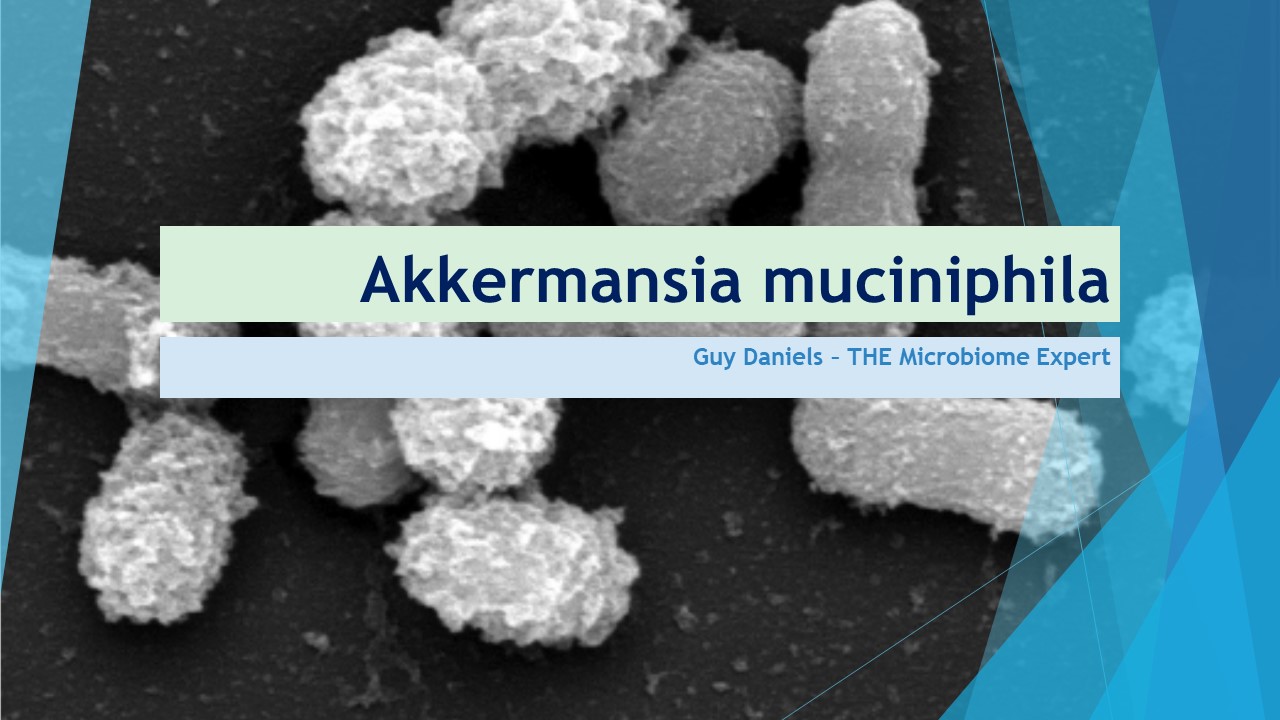Now that there´s a supplement in the marketplace containing Akkermansia muciniphila, this very interesting bacterium is starting to get some attention. Although it offers up promise, you should also be aware of all of the information, so that you are able to make the best healthcare decisions for yourself, or a loved one.
First, what in the world is this thing called Akkermansia muciniphila? Well, it´s a next generation probiotic. The probiotics you’re accustomed to, most of the time come from only two genera, Bifidobacterium, and Lactobacillus (which has had some recent reclassifying, but we won´t get into that). As the scientific world is learning more about the microbiome, business interests are trying to capitalize on this amazing “new” field, and bring you products that will hopefully do you some good.
The problem with bringing a probiotic to the market, is that the most health-promoting bacteria in our collective microbiome, are very sensitive, and don´t lend themselves to manufacturing, transit and time on the shelf. These amazing bacteria, have names you´ve likely never heard of before, but you can learn about in the videos in my Microbiome University or on my YouTube channel.
A muciniphila is a bit curious. On the one hand, it has many characteristics in common with bad acting bacteria. One of those is a certain level of oxygen tolerance, which also helps make it able to be made into a probiotic. On the other hand, there is a great deal of evidence which shows that it has excellent promise. When we look at the data for conditions like metabolic syndrome, inflammatory bowel disease (IBD – which includes both Crohn´s disease and ulcerative colitis) and irritable bowel syndrome (IBS), the data looks very promising.
However, when we look at the data for Parkinson´s disease, dementia (which of course includes Alzheimer´s disease) and colorectal cancer, the data tells us a very different story. Why is this supposedly amazing health-promoting bacterium, always or almost always significantly higher in these disease cohorts as compared to healthy controls in these three conditions? Nobody seems to know. I talk about all of these things and more in my presentation simply entitled, “Akkermansia muciniphila.”
You can buy the probiotic product online, but you should also know that the dose is 1% of that used in the landmark study out of Belgium. The other way to increase its abundance would be to feed it with the fuels it loves. One proven source is that of phytochemicals. Akkermansia loves phytochemicals. I have information dedicated to this.
The other fuel it loves, hence its name, is mucin, or more simply put, mucus. Now, I know none of us are going to eat mucus, but you can increase the health-promoting butyrate producers in your microbiome, who will in turn increase mucus production, and as a secondary effect, feed A muciniphila. All things I help teach you.
If you´ve stumbled across information online in regards to A muciniphila, including this blog, then youré trying to better your health in one way or another. And good for you. In our world as it is, we all now have to be our own health advocates. With a broken government, food and medical system, you need to take charge of your healthcare. So, educate yourself, as best you can. This is why I’ve launched my platform. If you have a condition or disease that you think would be well served by addressing your microbiome, you can visit the Protocols tab on my website, and for the mere price of a cup of coffee, you can find a science-based protocol which may dramatically improve your quality of life.

